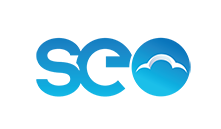

Founder & Director
As a finalist in the Australian Design Award and in various publications my SEO consultancy company has provided competitive prices with measured results. I personally work one on one with my clients to optimise results giving key ingredients to help get your website to the top of Google. My brand experience includes Monash university, Silvertop Taxi, Mercedes Benz and True Value Solar which I was the digital marketing manager. I am accessible, reliable and genuinely care for your business, if your business needs a kickstart with some nice graphic design, web design or SEO, get in touch today.
Tips for Writing Effective Title Tags
When it comes to search engine optimization (SEO), title tags are an essential element to get right. A title tag is the HTML element that specifies the title of a web page, which appears in the browser tab and search engine results. Writing an effective title tag can help improve your website’s visibility and attract more traffic. In this article, we’ll share some tips on how to write effective title tags that can help boost your SEO.


1. Keep it concise and descriptive
The ideal length of a title tag is between 50-60 characters. This length is perfect for search engines to understand what your page is about and for users to read it easily. Your title tag should accurately describe the content of your page, including your main keyword. Avoid using vague or generic titles as it won’t provide users with enough information about what they’ll find on your page.
2. Use your main keyword at the beginning
Placing your primary keyword at the beginning of your title tag helps search engines and users quickly understand what your page is about. It’s essential to use your keyword naturally and not stuff it in the title. Overusing keywords in the title tag can harm your rankings, so keep it to one or two relevant keywords.
3. Include your brand name
Adding your brand name to the title tag helps establish your brand’s authority and helps users remember your brand when they see it in the search results. For instance, if you’re a digital marketing agency called “SEO Consulting Services,” your title tag could be “SEO Consulting Services – Digital Marketing Agency.”
4. Make it unique for each page
Every page on your website should have a unique title tag that accurately reflects the content of the page. Don’t use the same title tag on every page, as this can confuse search engines and hurt your rankings. By creating unique title tags, you’ll help search engines and users understand what each page is about, making it easier for them to find the information they need.
5. Don’t overuse punctuation or symbols
Avoid using excessive punctuation, such as exclamation marks or question marks, in your title tags. These can look spammy and may harm your rankings. Additionally, avoid using special characters or symbols in your title tags, as they can cause errors in the search engine results.


6. Test and optimize your title tags
It’s important to regularly review and optimize your title tags to ensure they are performing well. Use tools like Google Analytics or a rank tracker to monitor how your pages are performing in the search results. Test different title tag variations to see which performs best and adjust accordingly.
Conclusion
Writing effective title tags is crucial for SEO success. By following these tips, you’ll create title tags that accurately reflect your content, attract more clicks, and improve your search engine rankings. Remember to keep your title tags concise, descriptive, unique, and optimized for your primary keyword and brand name.





